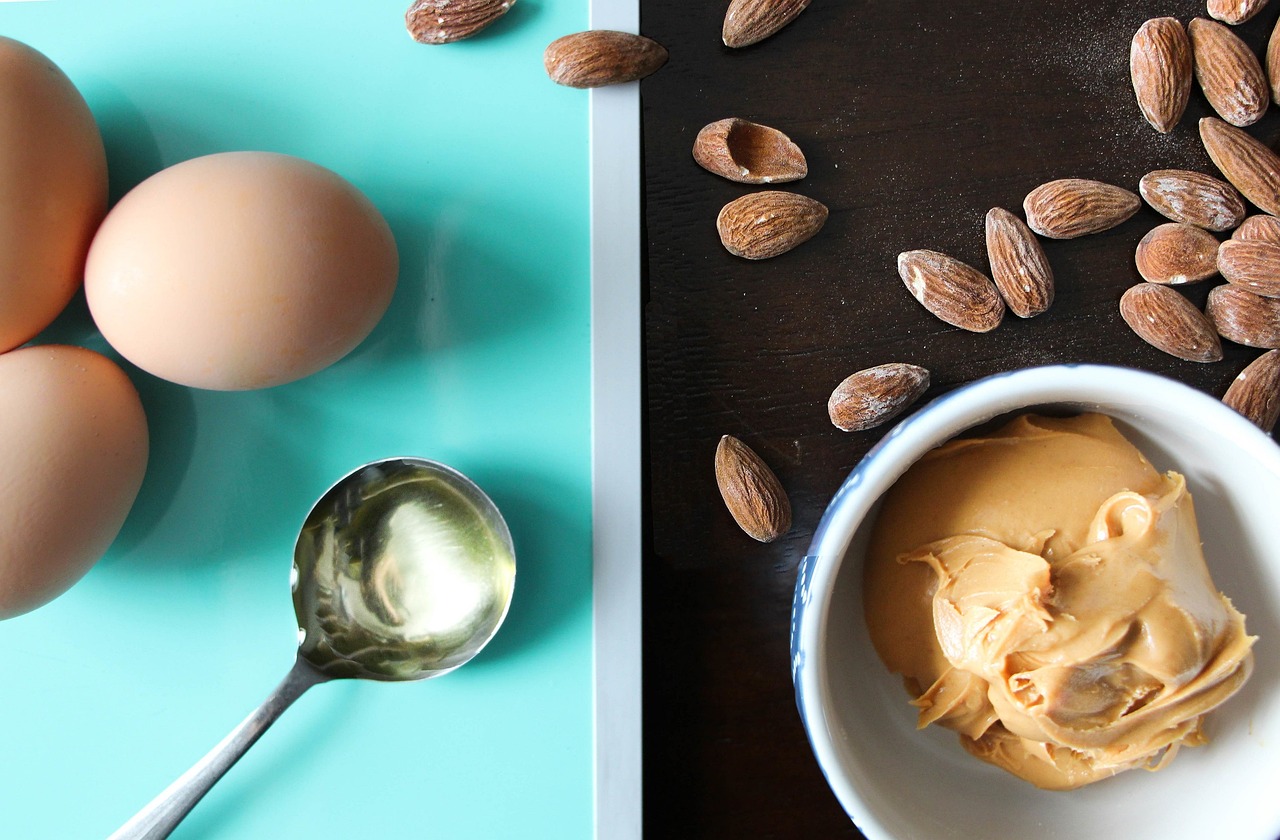In today’s fast-paced world, adopting healthy habits is more crucial than ever. Amidst the constant demands of work, family, and social obligations, prioritizing personal well-being can lead to profound improvements in both physical and mental health. Developing healthy habits not only enhances our quality of life but also paves the way for a more sustainable lifestyle. In this blog post, we will explore the essential healthy habits you can integrate into your daily routine to foster a happier, healthier you.
Understanding Healthy Habits
Healthy habits are behaviors that contribute positively to an individual’s health and well-being. They can be as simple as drinking enough water or engaging in regular physical activity. The foundation of healthy habits begins with establishing a positive mindset and setting realistic goals. Here are some fundamental principles:
Defining Healthy Habits
- Consistency: Healthy habits are about making small, sustainable changes over time rather than drastic lifestyle overhauls.
- Variety: It’s essential to incorporate a range of healthy habits to address different aspects of health—physical, mental, and emotional.
- Individualization: Personal preferences and circumstances play a significant role; what works for one person may not work for another.
Benefits of Healthy Habits
- Enhanced Well-being: Improved overall health and emotional stability.
- Increased Energy Levels: Consistent healthy behaviors lead to better energy management.
- Reduced Risk of Disease: Healthy habits can decrease the likelihood of chronic illnesses, including heart disease and diabetes.
Nutrition: Fueling Your Body Right
Nutrition forms the cornerstone of a healthy lifestyle. A well-balanced diet can drastically impact how you feel and function on a day-to-day basis.
Key Nutritional Principles
- Eat Whole Foods: Focus on fruits, vegetables, whole grains, and lean proteins.
- Hydration is Key: Aim for at least 8 cups of water per day to stay hydrated. Adjust as needed based on activity level.
- Mindful Eating: Practice being present during meals to avoid overeating and enjoy your food.
Practical Nutritional Tips
- Meal Prep: Set aside a few hours each week to prepare healthy meals in advance.
- Snack Wisely: Keep healthy snacks, such as nuts and fruit, easily accessible to avoid unhealthy choices.
- Read Labels: Understand nutritional information and ingredients to make informed decisions.
Physical Activity: Moving Your Body
Regular physical activity is vital for maintaining a healthy weight, improving cardiovascular health, and enhancing mental wellness.
Incorporating Exercise into Daily Life
- Consistency Over Intensity: Aim for at least 150 minutes of moderate cardio exercise per week, spread across several days.
- Make It Enjoyable: Choose activities you love to ensure you stick with them (e.g., dancing, hiking, or swimming).
- Include Strength Training: Engage in strength-training exercises at least twice a week to build muscle and boost metabolism.
Practical Examples of Active Living
- Walking Meetings: If your job allows, suggest walking discussions instead of sitting in a conference room.
- Daily Doses: Incorporate short bursts of activity into your day by taking the stairs, doing quick workouts, or stretching.
- Fitness Groups: Join local classes or groups to stay motivated and build a community around your health goals.
Mental Well-being: Prioritizing Your Mind
Mental health is as crucial as physical health. Healthy habits that focus on mental well-being can significantly improve your overall quality of life.
Cultivating Mindfulness and Stress Management
- Meditation: Incorporate mindfulness meditation for just 10-15 minutes daily to reduce stress and enhance focus.
- Deep Breathing Exercises: Practice deep breathing techniques to reset during stressful situations.
- Journaling: Maintain a gratitude journal to cultivate positivity and emotional clarity.
Support and Connection
- Social Connections: Strengthen your relationships by spending quality time with friends and family.
- Seek Professional Help: Don’t hesitate to consult a mental health professional if you are feeling overwhelmed.
Sleep: The Unsung Hero of Health
Good quality sleep is essential for recovery and overall health. It impacts cognitive function, mood, and physical health.
Establishing a Healthy Sleep Routine
- Consistent Schedule: Set a sleep schedule by going to bed and waking up at the same time every day.
- Optimize Your Sleep Environment: Create a cool, dark, and quiet sleep space.
- Limit Screen Time: Reduce exposure to screens at least an hour before bedtime to enhance sleep quality.
Recognizing Sleep Needs
- Understand Your Needs: Aim for 7-9 hours of sleep per night, adjusting based on how you feel.
- Track Sleep Patterns: Use apps or journals to monitor how much sleep you’re getting and its quality.
Conclusion
Incorporating healthy habits into your daily routine can be transformative. From improved physical and mental health to a greater sense of well-being, the benefits are clear. Start small, focus on consistency, and remember that every positive choice contributes to your overall health journey. By prioritizing nutrition, physical activity, mental well-being, and sleep, you pave the way for a happier, healthier life. Begin today, and watch how these adjustments can lead to lasting change.






